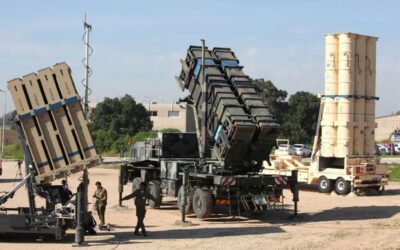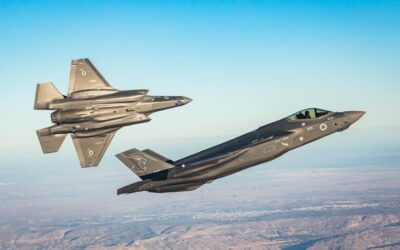In the wake of OpenAI’s groundbreaking chatbot project, ChatGPT, both Abu Dhabi and China have announced plans to introduce their own versions of the program, which employs natural language processing to “converse” with users and deliver information.
With technological breakthroughs sweeping the field of artificial intelligence, countries such as the United Arab Emirates and China are now major players in this space, along with technology giants such as Google and Amazon. Dr. Aviv Gaon from Reichman University has called it an “arms race” for dominance in the field of artificial intelligence, which could have far-reaching implications.
Abu Dhabi’s Falcon LLM, a language model with 40 billion parameters that gathers its information from the internet, has been launched, and the country claims that its current model has advantages over other models on the market and that its cost is lower.
China has also announced plans for its own ChatGPT, with companies such as Alibaba and Tencent Holdings forming development teams to create their own versions. Another China tech giant Baidu has also launched Ernie, which CEO Robin Li has said was the result of “decades of hard work and efforts.”
Dr. Gaon has said that the development of artificial intelligence tools has tremendous economic potential, but there are also concerns that these tools could be used for military purposes. He also suggests that the “data it collects” is an area of concern. Countries can learn more about the behavior of users and citizens, including what bothers them and what is important to them. China has already set its goals to reduce the technological gap with the West and become a world leader in artificial intelligence by 2030.
Dr. Harel Manshari, head of the cyber field at the HIT Institute of Technology and founder of the cyber system at the Shin Bet, has suggested that any development of artificial intelligence applications in China is carried out after the approval of the Chinese government, and that there is no such thing as private companies in China. He believes that China is already more advanced than the West, especially in the application of artificial intelligence in military technologies such as missiles and naval technologies.
Experts claim that it is impossible to predict which country or company will emerge victorious in the arms race for dominance in the field of artificial intelligence. However, China is expected to make significant advances in the field, as it has no privacy restrictions and ethical considerations are often disregarded if the ends justify the means. This is a significant risk, according to Dr. Gaon, because a sufficiently robust development in China could threaten global security. We do not know if this is true, but one thing is certain: the arms race for dominance in artificial intelligence has only just begun, and it is unknown how this will affect the future balance of power.





0 Comments